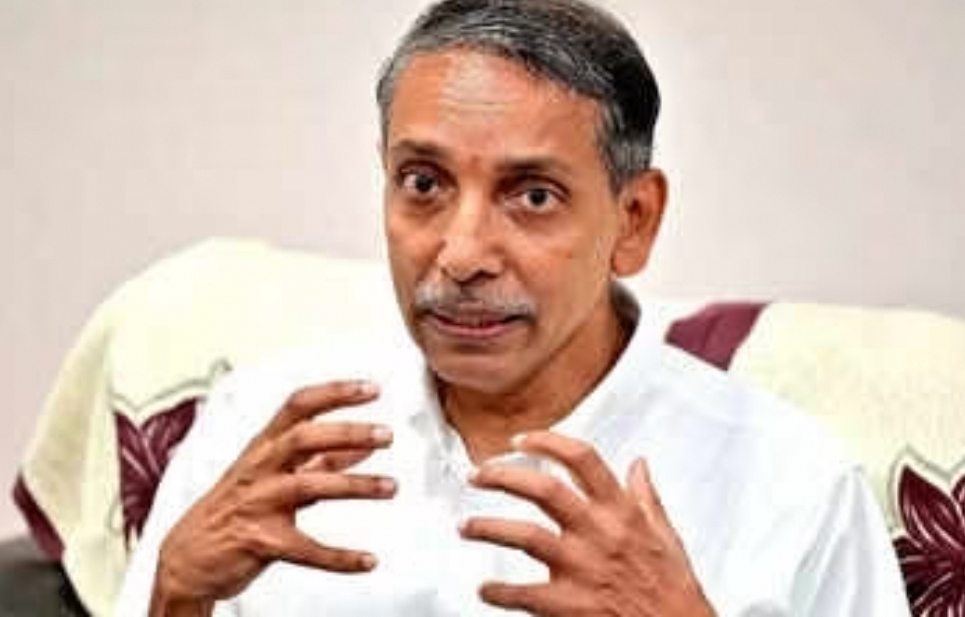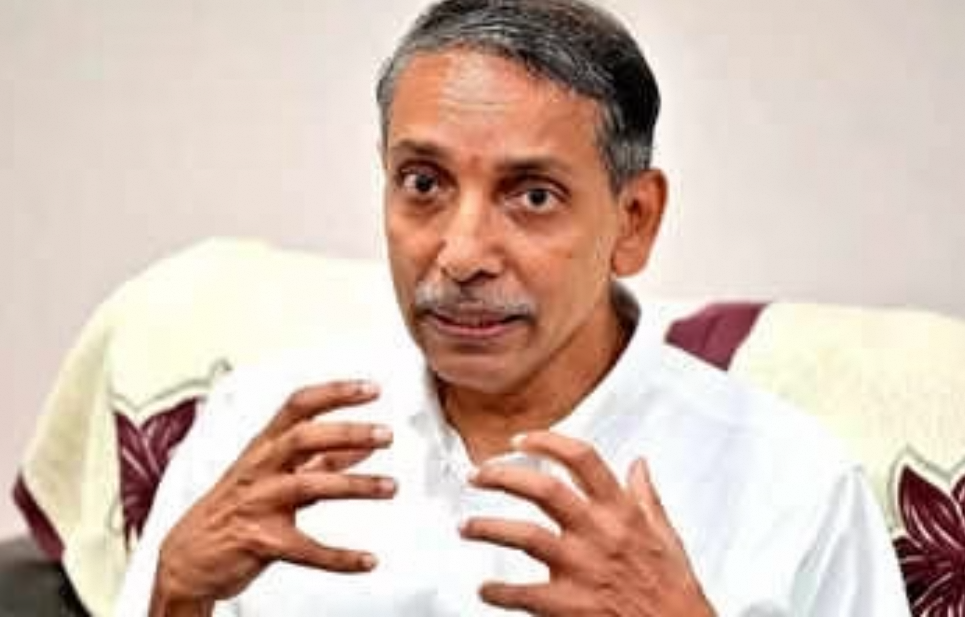
Allowing students to speed up or slow down their degree programs based on personal needs. This new UGC policy is designed to empower students, offering greater control over the pace of their studies.
Whether students wish to complete their degree faster to enter the workforce sooner or need extra time to balance studies with other commitments, this approach supports various learning paths. The goal is to make higher education more accessible and adaptable to individual circumstances, ultimately enhancing the academic experience for students across India.
By allowing students to accelerate or decelerate their undergraduate degrees, the UGC aims to foster a more student-centric education system, aligning with evolving global standards in flexible learning.
The University Grants Commission (UGC) has recently introduced a flexible approach to undergraduate education in India, allowing students to speed up or slow down their degree programs based on personal needs. This new UGC policy is designed to empower students, offering greater control over the pace of their studies.
Whether students wish to complete their degree faster to enter the workforce sooner or need extra time to balance studies with other commitments, this approach supports various learning paths. The goal is to make higher education more accessible and adaptable to individual circumstances, ultimately enhancing the academic experience for students across India.
By allowing students to accelerate or decelerate their undergraduate degrees, the UGC aims to foster a more student-centric education system, aligning with evolving global standards in flexible learning.
The University Grants Commission (UGC) has introduced an exciting change for Indian students: soon, students will have the option to complete their undergraduate degrees in just two and a half years. This new UGC policy is a game-changer, allowing ambitious students to fast-track their education and enter the job market sooner.
This flexible approach is part of UGC’s commitment to making higher education more adaptable to individual needs, letting students move at their own pace. Whether you want to finish your degree quickly or need extra time, this policy supports a personalized learning journey, making it easier to achieve your career goals.
With this update, the UGC is transforming the Indian education system, aligning it with international standards and giving students greater freedom to shape their academic paths.
The University Grants Commission (UGC) has announced a significant update for students across India. Starting in the academic year 2025-26, students will have the flexibility to complete their three-year undergraduate degrees in just two and a half years, or their four-year degrees in as little as three years. This means that high-achieving students who want to fast-track their education will be able to enter the workforce or pursue further studies more quickly.
For those needing a slower pace, UGC will also allow students to extend their three-year degree courses to four years, giving them more time to manage studies alongside other commitments. UGC Chairman M Jagadesh Kumar shared these updates during the Southern Zone Conference in Chennai, stating that the policy aims to create a student-centric education model in line with the National Education Policy (NEP) 2020. This policy also provides multiple entry and exit points, so students can take a break and return to their studies if needed.
This new approach is based on recommendations from a committee led by IIT Madras Director V Kamakoti, which UGC approved recently. Detailed guidelines will be issued soon.
The UGC chairman highlighted the benefits of the four-year degree program, allowing students to engage in research projects, apply for patents, and publish papers, enhancing their career prospects. States like Kerala and West Bengal have already introduced this model, and UGC expects nationwide implementation.
When asked about Tamil Nadu’s resistance to the NEP, Kumar emphasized that NEP’s main objective is to develop students into problem solvers and critical thinkers who can contribute to India’s growth. Despite ongoing differences, he expressed hope for unified educational goals across states.
Addressing other issues, Kumar noted that vice-chancellor appointments in Tamil Nadu universities, including Anna University and the University of Madras, have been delayed due to disputes between the governor and state government. He urged for quick action, emphasizing the importance of strong university leadership. Additionally, he advised state universities facing financial challenges to seek alternative funding sources, such as industry partnerships, while the primary funding responsibility remains with the state government.
Finally, Kumar revealed that 20 universities are being scrutinized for alleged violations in PhD programs, stressing UGC’s commitment to maintaining high standards in higher education.

